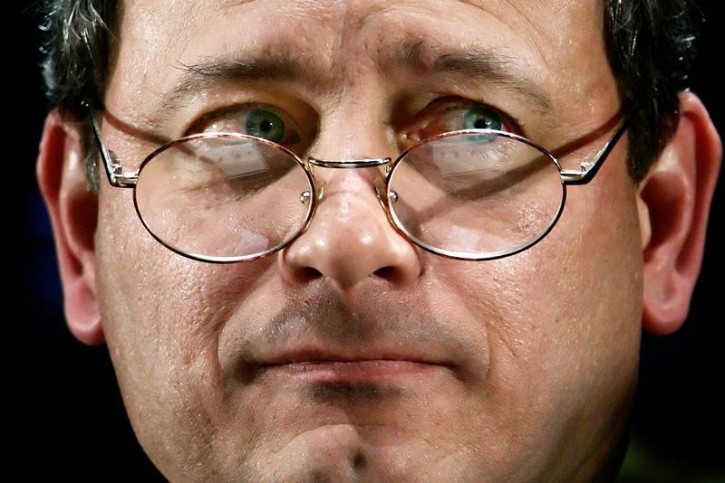
Washington – U.S. Chief Justice John Roberts urged trial judges on Thursday to manage cases more efficiently and advised lawyers to avoid “antagonistic tactics,” as he focused his annual year-end report on federal rules intended to speed up litigation.
In an otherwise dry recounting of new pre-trial procedures, Roberts cited the country’s history of settling disputes with dueling pistols, including Alexander Hamilton’s 1804 death at the hand of Aaron Burr.
He invoked such duels, largely outlawed by the mid-1800s, as a reminder of the need for sound rules for peaceful resolution of disputes.
The judiciary’s amendments to the Federal Rules of Civil Procedure, effective on Dec. 1, have drawn little public attention beyond the bench and bar. They are intended to expedite the early stages of litigation, streamline the process by which parties exchange information, and ensure preservation of electronic communications that could become evidence.
The rules affect the first of the three-tier judicial system, U.S. district courts. Above are the regional appellate courts and the nine-justice Supreme Court.
Roberts, 60, who has been at the helm of the country’s top court since 2005, said judges should more actively manage cases from the outset, rather than allowing parties to dictate the pace of litigation. Amended rules encourage more face-to-face meetings with litigants and deadlines.
He suggested that lawyers often tried to wear down their opponents and implicitly advised against “antagonistic tactics, wasteful procedural maneuvers, and teetering brinkmanship.”
The annual reports from the chief justice are a New Year’s ritual, typically low-key and rarely controversial. They are not delivered in person but through the court’s public information office.
Last year, Roberts highlighted a Supreme Court effort to make case filings available electronically to the public. He provided no update on Thursday on the project he previously said could come as soon as 2016.
As reported by Vos Iz Neias
